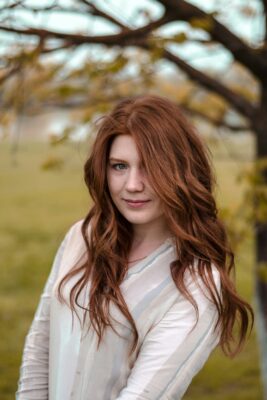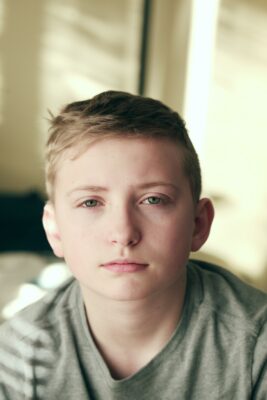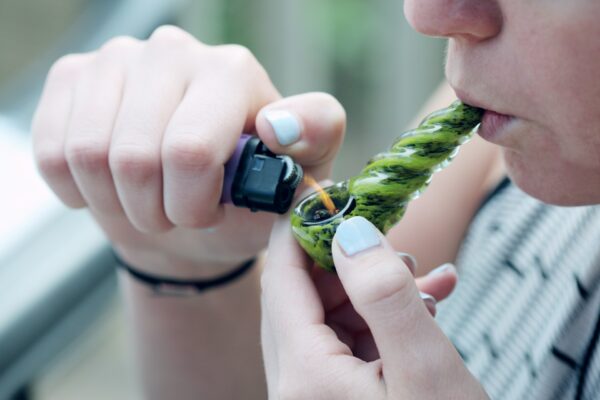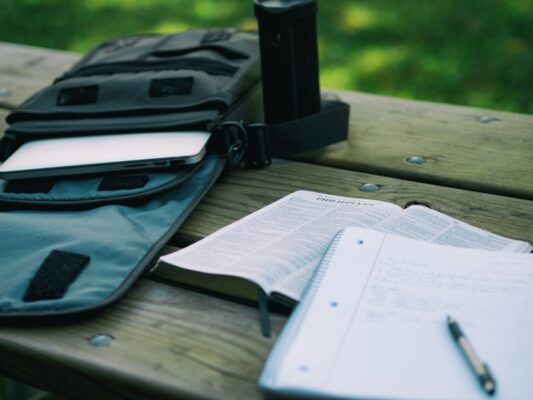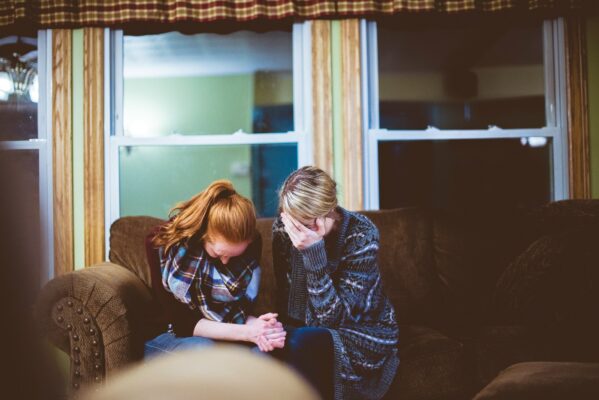Let's get started...
Makeup can be a fun way to express yourself, enhance your natural beauty, and boost your confidence. However, as a teenager, it's important to choose makeup that suits your age and is appropriate for your lifestyle. Finding the right products and techniques helps you look polished without appearing overdone, while also keeping your skin healthy. This article explores the types of makeup suitable for teenagers, its impact on your confidence, and practical tips for creating an age-appropriate look.Why Does Age-Appropriate Makeup Matter?
Teenage skin is unique. It's often more sensitive and prone to acne due to hormonal changes. Using heavy or unsuitable products can clog pores, cause breakouts, or irritate your skin. Age-appropriate makeup is about enhancing your features without overwhelming your natural beauty. It's also an opportunity to develop good habits and learn what works for you as you grow.Makeup Essentials for Teenagers
A minimal and age-appropriate makeup routine focuses on enhancing your natural features rather than masking them. Here's a guide to the basics:1. Tinted Moisturiser or BB Cream
Heavy foundations can look cakey and clog pores. Instead, use a tinted moisturiser or BB cream to even out your skin tone while keeping your look fresh and natural.2. Concealer
A lightweight concealer is perfect for covering blemishes, redness, or dark circles. Choose a shade that matches your skin tone and blend it well for a seamless finish.3. Powder
If you have oily skin, a translucent or pressed powder can help control shine. Apply lightly to avoid a heavy or chalky appearance.4. Mascara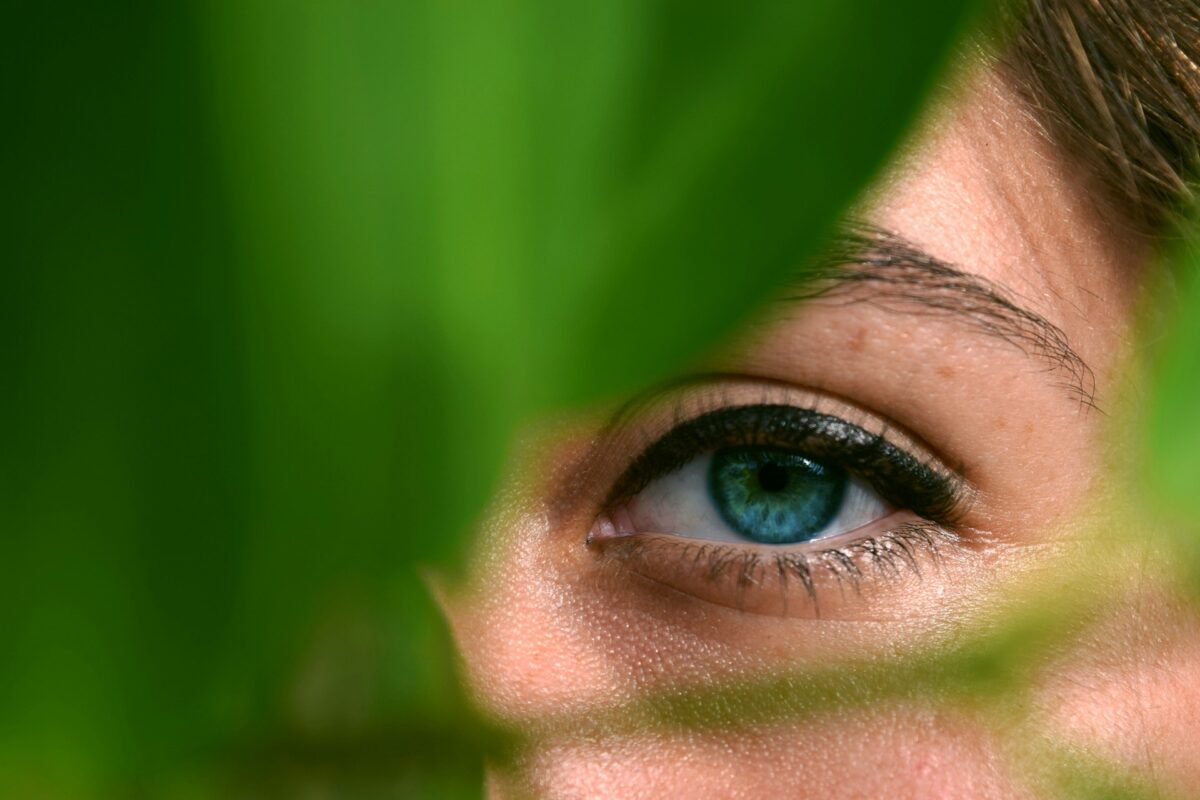
Mascara is an easy way to define your eyes. Stick to black or brown mascara for a subtle yet polished look. Avoid layering too much to prevent clumping.
5. Neutral Eyeshadow
If you want to experiment with eyeshadow, start with neutral shades like beige, taupe, or light brown. These colours add definition without being too bold for everyday wear.6. Blush
A touch of blush can brighten your complexion and add a healthy glow. Choose a soft pink or peach shade and apply sparingly to the apples of your cheeks.7. Lip Balm or Tinted Lip Gloss
Hydrated lips complete any look. Use a lip balm for moisture or a tinted gloss for a hint of colour.Tips for Age-Appropriate Makeup
Follow these tips to create a makeup routine that enhances your features while staying suitable for your age:1. Keep It Simple
Less is more when it comes to teenage makeup. Focus on one or two features, like your eyes or lips, rather than using heavy makeup on your entire face.2. Choose Lightweight Formulas
Opt for lightweight and breathable products, especially for your base. This helps prevent clogged pores and keeps your skin looking fresh.3. Match Your Skin Tone
When choosing foundation or concealer, test the shade on your jawline to find the best match. The right colour will blend seamlessly with your skin.4. Avoid Overdoing It
Heavy contouring, bold eyeliner, or dramatic eyeshadow may feel exciting to try but can be overpowering for everyday wear. Save bold looks for special occasions.5. Use Makeup Sparingly for School
For school, stick to a minimal look, like mascara, concealer, and tinted lip balm. It's practical, quick to apply, and keeps you feeling comfortable throughout the day.6. Learn Proper Techniques
Watch tutorials or ask for advice from a trusted adult to learn how to apply makeup properly. Blending is key to achieving a polished and natural finish.7. Prioritise Skin Care
Healthy skin is the foundation of any makeup look. Keep your skin clean and hydrated with a proper skincare routine, and always remove your makeup before bed.Makeup for Special Occasions
Special events like parties or school dances are great opportunities to experiment with slightly bolder looks:- Add a pop of colour to your eyes with a soft shimmer or pastel eyeshadow.
- Try a subtle highlighter to give your skin a radiant glow.
- Use a lip gloss or a light lipstick shade to enhance your look.
Common Mistakes to Avoid
Here are some common mistakes to watch out for when starting your makeup journey:- Skipping Sunscreen: Always wear sunscreen under your makeup to protect your skin from UV damage.
- Using Too Much Product: Overapplying foundation or concealer can make your skin look unnatural.
- Sharing Makeup: Sharing products like mascara or lip gloss can spread bacteria, so keep your makeup personal.
- Ignoring Expiry Dates: Old makeup can harbour bacteria and irritate your skin, so replace products regularly.
When to Seek Advice
If you're unsure about which products to use or have specific concerns like acne-prone skin, consider asking for advice from a parent, teacher, or dermatologist. They can guide you toward products that suit your needs and keep your skin healthy.Final Thoughts
Finding the right makeup for your age is about enhancing your natural beauty and building confidence while keeping your routine simple and suitable for your skin. By focusing on lightweight formulas, choosing neutral colours, and practising good skincare habits, you can create a look that reflects your personality without overwhelming your features. Remember, makeup should be fun and empowering, not a source of stress, so enjoy the process and embrace your unique style!How are you feeling?
It is really important that when we need help, we feel able to ask for it. This could be speaking to a parent, a close friend, a teacher or someone else you trust. Sometimes it can be really hard to share our feelings with other people but if we are feeling low or don't know where to turn, sharing with others is really important. Teachers will always take you seriously and listen to your problems in confidence if you approach them for help. Likewise, parents, siblings or friends will help you if you reach out to them.
If you feel like you can't speak to anyone you know, there are people and organisations that can help support you:
- Childline - Call them on 0800 1111 any time of the day or night, every day of the week
- NSPCC - Call them on 0808 800 5000 between 10am and 4pm Monday to Friday or email them on help@NSPCC.org.uk
- The Samaritans – Call them on 116 123 any time of the day or night, every day of the week
- SANE – Call 0300 304 7000 for support (4:30pm - 10:30pm every day)
- Mind – Call 0300 123 3393 (9:00am - 6:00pm Monday to Friday)
*Sometimes we will use real life examples in our articles to aid understanding. When we do, names and ages will be changed.


